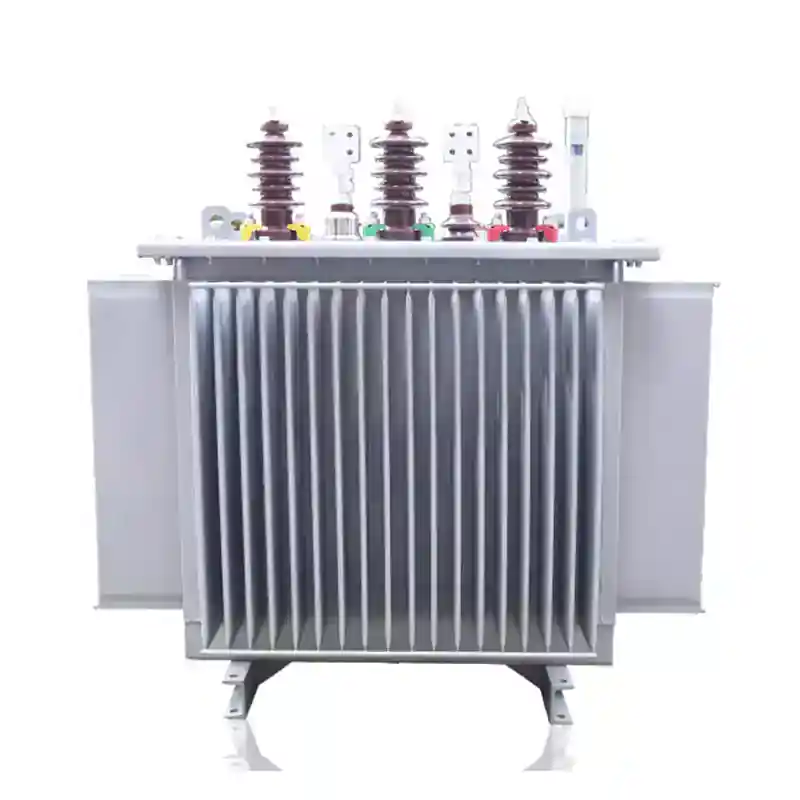What Is a 132/33kV 50 MVA Transformer?
A 132/33kV 50 MVA transformer is a high-voltage power transformer used to step down voltage from 132kV (transmission) to 33kV (distribution level). With a capacity of 50 MVA (megavolt-amperes), this transformer is ideal for regional substations, industrial plants, and renewable integration hubs.
Technical Specification Table
| Parameter | Specification |
|---|---|
| Rated Power | 50 MVA |
| Primary Voltage (HV) | 132 kV |
| Secondary Voltage (LV) | 33 kV |
| Vector Group | Dyn11 / YNd1 / YNd11 (as per design) |
| Frequency | 50 Hz / 60 Hz |
| Phase | 3-Phase |
| Cooling Type | ONAN / ONAF (Oil Natural / Forced) |
| Tap Changer | OLTC (±10%, ±16 steps) or NLTC optional |
| Impedance | Typically 10.5% – 12% |
| Dielectric Strength | HV: 275kV / LV: 70kV impulse |
| Bushing Type | Porcelain or Composite |
| Insulation Class | Class A / F |
| Protection | Buchholz relay, PRV, OTI, WTI, DGPT2 |
Applications of 132/33kV 50 MVA Transformer
- Grid Substations
- Large Industrial Plants
- Wind & Solar Farms
- Urban Transmission Hubs
- Oil & Gas Installations
- Interconnection with Power Utilities
Cooling Methods Explained
- ONAN – Oil Natural Air Natural (standard for up to 50 MVA)
- ONAF – Oil Natural Air Forced for improved performance under peak loads
Construction & Design
- Core: Cold-rolled grain-oriented silicon steel
- Winding: Copper (high-conductivity), layered or disc winding
- Tank: Hermetically sealed or conservator type
- Cooling Radiators: Detachable for modular maintenance
- Accessories: Oil level gauge, breather, pressure relief device, temperature indicators, etc.
Standard Compliance
- IEC 60076
- ANSI/IEEE C57
- IS 2026 (India)
- GB/T 6451 (China)
- BS EN Standards (UK)
Why Choose a 50 MVA Transformer at 132/33kV?
- Balances high capacity with manageable size
- Ideal for step-down to regional grids
- Ensures high-efficiency transmission with minimal losses
- Compatible with smart grid SCADA integration

Frequently Asked Questions (FAQs)
Q1: Can this transformer support dual voltage outputs?
Yes. With dual secondary windings or tap changer settings, the transformer can support flexible output.
Q2: Is OLTC mandatory?
For systems requiring voltage regulation, OLTC is preferred. However, for fixed-load conditions, NLTC can be used.
Q3: How long does a 132/33kV transformer last?
With proper maintenance, the expected service life is 25–35 years or more.